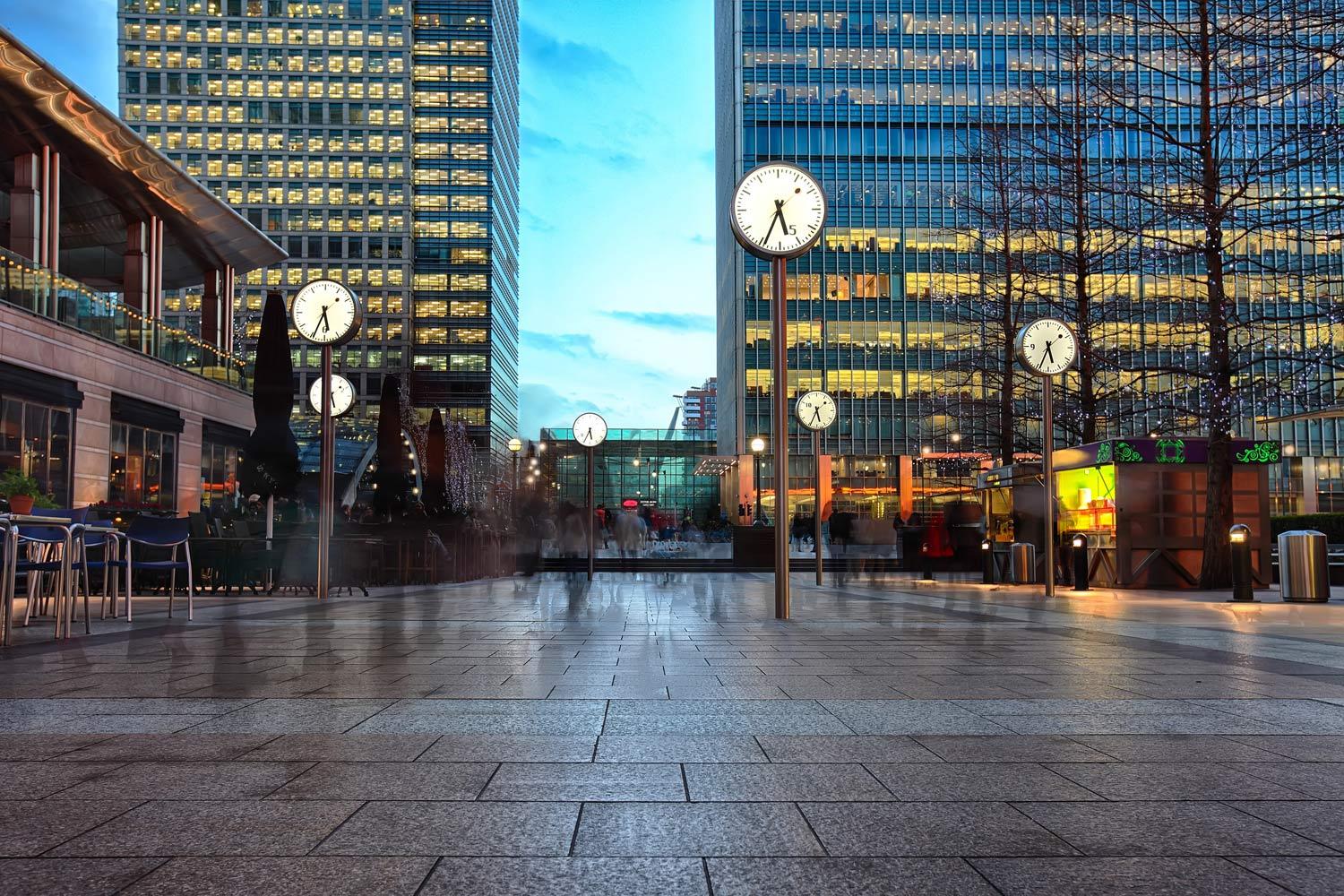
fertilizer dealer
It is urgent that farmers grow nutrient-rich vegetables
Compost Repurposing Dead Plants to Give Life to New Ones
Fertilizer is crucial when it comes to nurturing a garden, particularly before the season's first planting. Whether spread by hand, small-scale sprayers, or industrial equipment like the pieces sold through https://www.fertilizerdealer.com, it gives crops an extra boost right from the beginning. While numerous versions are available, including sprays and granules, compost offers a number of the same benefits.
What Is Compost?
Compost is a blend of decayed organic materials used to nourish plants. It can be made up of leaves, grass clippings, melon rinds, fruit and vegetable peelings, tea bags, coffee grounds, dead plants, and other foliage-based matter. Eggshells, paper, and egg cartons can also be used to add fiber and extra nutrients. All these elements come together to create a rich medium for growing plants.
What Shouldn't Go into Compost?
Though a number of products can go into the compost, some things shouldn't be included in the mix. Dairy products are definite no-nos because they contain bacteria and create strong unpleasant odors. Meats fall into this category as well. Pet poop, even though it's organic, shouldn't be mixed into the compost pile for the same reasons. Also, avoid adding diseased plants as they can spread infections throughout the compost.
Additional Tips
Compost heaps should be made up of roughly half brown material like dried leaves and half green material, such as fresh grass clippings and fruit and veggie scraps for the right mix of moisture and nutrients. It should also be turned every two or three weeks for even mixture and faster decay rates. Chop larger materials into smaller pieces before adding them to the heap to speed the process as well. If you don't have enough green materials to add in, fertilizer can be substituted by pouring it into the mix or pumping it in with tools from https://www.fertilizerdealer.com.
Pounds of fallen leaves, veggie scraps, fruit peelings, and other organic materials go to waste every day even as people struggle to help their gardens thrive. Those plant products can easily be repurposed to foster the gardening process and help grow lush, juicy veggies and gorgeous flowers. Consider starting a compost heap to serve multiple functions.
What Is Compost?
Compost is a blend of decayed organic materials used to nourish plants. It can be made up of leaves, grass clippings, melon rinds, fruit and vegetable peelings, tea bags, coffee grounds, dead plants, and other foliage-based matter. Eggshells, paper, and egg cartons can also be used to add fiber and extra nutrients. All these elements come together to create a rich medium for growing plants.
What Shouldn't Go into Compost?
Though a number of products can go into the compost, some things shouldn't be included in the mix. Dairy products are definite no-nos because they contain bacteria and create strong unpleasant odors. Meats fall into this category as well. Pet poop, even though it's organic, shouldn't be mixed into the compost pile for the same reasons. Also, avoid adding diseased plants as they can spread infections throughout the compost.
Additional Tips
Compost heaps should be made up of roughly half brown material like dried leaves and half green material, such as fresh grass clippings and fruit and veggie scraps for the right mix of moisture and nutrients. It should also be turned every two or three weeks for even mixture and faster decay rates. Chop larger materials into smaller pieces before adding them to the heap to speed the process as well. If you don't have enough green materials to add in, fertilizer can be substituted by pouring it into the mix or pumping it in with tools from https://www.fertilizerdealer.com.
Pounds of fallen leaves, veggie scraps, fruit peelings, and other organic materials go to waste every day even as people struggle to help their gardens thrive. Those plant products can easily be repurposed to foster the gardening process and help grow lush, juicy veggies and gorgeous flowers. Consider starting a compost heap to serve multiple functions.



